Family Law in Islam - Theory and Application
By: Dr Muhammad Tahir Mansoori
-
Rs 540.00
- Rs 600.00
- 10%
You save Rs 60.00.
Due to constant currency fluctuation, prices are subject to change with or without notice.
The present book is a systematic exposition of Shari’ah rules of Muslim marriage contract on which family organization is structured. It explains legal injunctions on important issues of marital relations and family organization. The book explores and investigates the ideals and precepts on marriage and divorce both in classical jurisprudence as well as in the modern legal codes of personal status of Muslim countries. The book also highlights areas of tension between the classical jurisprudence and the modern legislation on a number of
issues of Islamic Family Law. Although the focus of the book is primarily on the traditional law of Islam as explained and interpreted by the early jurists, nevertheless, it also examines modern legislation in the sphere of family law to offer points of comparison and contrast between the theory and practice. It is hoped that the present study will not only make an important contribution to the field but will generate much interest among scholars to analyze and further develop the ideas presented in the book
The present book is a systematic exposition of Shari’ah rules of Muslim marriage contract on which family organization is structured. It explains legal injunctions on important issues of marital relations and family organization. The book explores and investigates the ideals and precepts on marriage and divorce both in classical jurisprudence as well as in the modern legal codes of personal status of Muslim countries. The book also highlights areas of tension between the classical jurisprudence and the modern legislation on a number of
issues of Islamic Family Law. Although the focus of the book is primarily on the traditional law of Islam as explained and interpreted by the early jurists, nevertheless, it also examines modern legislation in the sphere of family law to offer points of comparison and contrast between the theory and practice. It is hoped that the present study will not only make an important contribution to the field but will generate much interest among scholars to analyze and further develop the ideas presented in the book
Family Law in Islam - Theory and Application
By: Dr Muhammad Tahir Mansoori
Rs 540.00 Rs 600.00 Ex Tax :Rs 540.00
Islamic Law of Contract: Applications in Islamic Finance
By: Dr Muhammad Tahir Mansoori
Rs 1,350.00 Rs 1,500.00 Ex Tax :Rs 1,350.00
Zubin Mehta: A Musical Journey (An Authorized Biography)
By: VOID - Bakhtiar K. Dadabhoy
Rs 892.50 Rs 1,050.00 Ex Tax :Rs 892.50
Chiltern Classic A Tale of Two Cities
By: Charles Dickens
Rs 5,845.50 Rs 6,495.00 Ex Tax :Rs 5,845.50
The Pakistan Lawyers' Movement: An unfinished agenda
By: Muneer A. Malik
Rs 505.75 Rs 595.00 Ex Tax :Rs 505.75
The Messenger: The Meanings of the Life of Muhammad
By: Tariq Ramadan
Rs 2,236.00 Rs 2,795.00 Ex Tax :Rs 2,236.00
Rumi :The Big Red Book The Great Masterpiece Celebrating Mystical Love And Friendship -
By: Coleman Barks
Rs 2,156.00 Rs 2,695.00 Ex Tax :Rs 2,156.00
Most Beautiful Names Of Allah
By: Samira Fayyad Khawaldeh
Rs 1,705.50 Rs 1,895.00 Ex Tax :Rs 1,705.50
Chiltern Classic A Tale of Two Cities
By: Charles Dickens
Rs 5,845.50 Rs 6,495.00 Ex Tax :Rs 5,845.50
The Pakistan Lawyers' Movement: An unfinished agenda
By: Muneer A. Malik
Rs 505.75 Rs 595.00 Ex Tax :Rs 505.75
Syria and the USA: Washingtons Relations with Damascus from Wilson to Eisenhower
By: Sami Moubayed
Rs 1,572.50 Rs 1,850.00 Ex Tax :Rs 1,572.50
The People Watcher - The Heart-Stopping New Thriller from the Richard and Judy Book Club Author Packed with Suspense and Shocking Twists
By: Sam Lloyd
Rs 2,065.50 Rs 2,295.00 Ex Tax :Rs 2,065.50
Foul Heart Huntsman - The Stunning Sequel to Foul Lady Fortune
By: Chloe Gong
Rs 3,055.75 Rs 3,595.00 Ex Tax :Rs 3,055.75
Letters from a Stoic (Collins Classics)
By: Lucius Annaeus Seneca
Rs 625.50 Rs 695.00 Ex Tax :Rs 625.50
Thomas & Friends The Giant Magnet (Thomas Story Time)
By: Britt Allcroft
Rs 335.75 Rs 395.00 Ex Tax :Rs 335.75
Marvel Avengers: Build Your Own Iron Man Board book – March 21, 2020
By: Igloo Books
Rs 1,197.50 Rs 2,395.00 Ex Tax :Rs 1,197.50
Molehunt: The Secret Search for Traitors That Shattered the CIA
By: David Wise
Rs 680.00 Rs 800.00 Ex Tax :Rs 680.00
Genesis: The Will Trent Series, Book 3
By: Karin Slaughter
Rs 2,155.50 Rs 2,395.00 Ex Tax :Rs 2,155.50
Zubin Mehta: A Musical Journey (An Authorized Biography)
By: VOID - Bakhtiar K. Dadabhoy
Rs 892.50 Rs 1,050.00 Ex Tax :Rs 892.50
Family Law in Islam - Theory and Application
By: Dr Muhammad Tahir Mansoori
Rs 540.00 Rs 600.00 Ex Tax :Rs 540.00
Islamic Law of Contract: Applications in Islamic Finance
By: Dr Muhammad Tahir Mansoori
Rs 1,350.00 Rs 1,500.00 Ex Tax :Rs 1,350.00
Chiltern Classic A Tale of Two Cities
By: Charles Dickens
Rs 5,845.50 Rs 6,495.00 Ex Tax :Rs 5,845.50
The Pakistan Lawyers' Movement: An unfinished agenda
By: Muneer A. Malik
Rs 505.75 Rs 595.00 Ex Tax :Rs 505.75












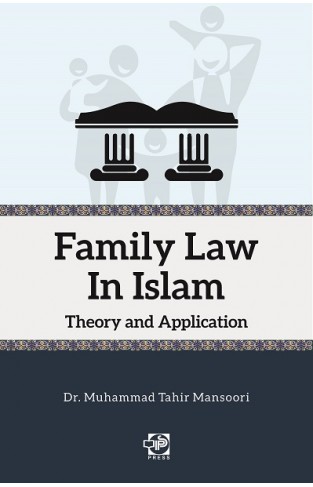
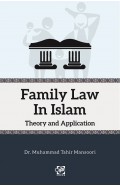

-120x187.jpg?q6)








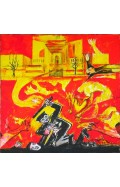

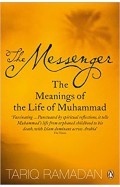
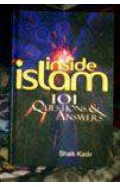
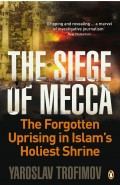
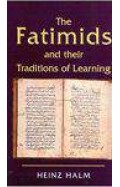
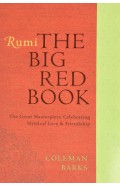
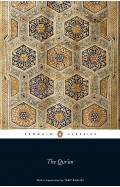
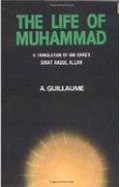

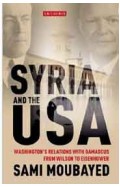



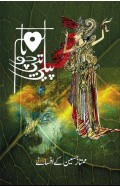
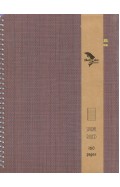


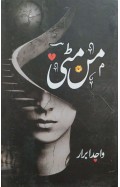
/The-Stained-Glass-Window-120x187.jpg?q6)





